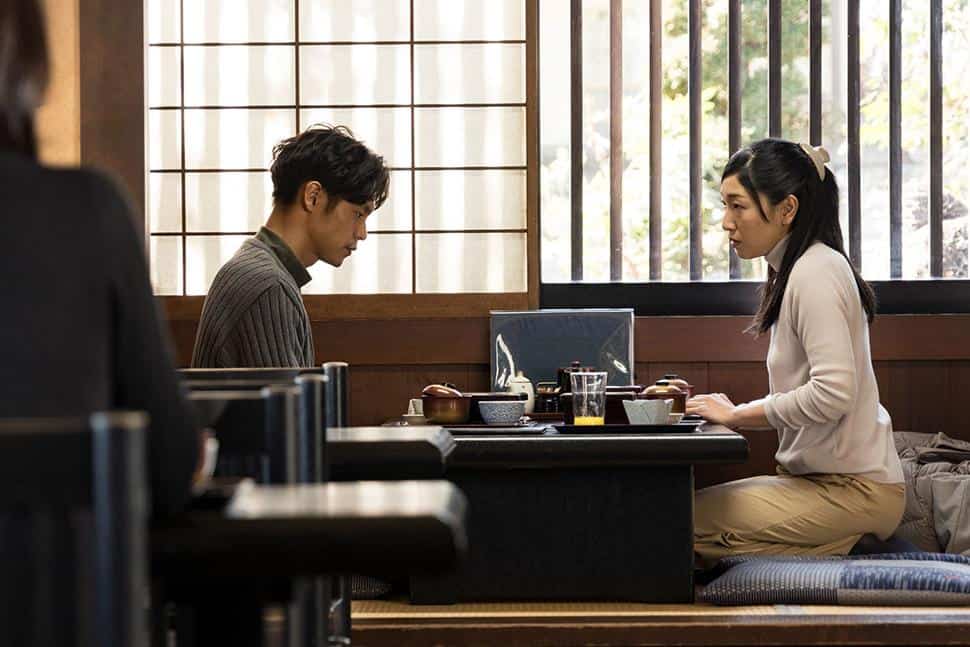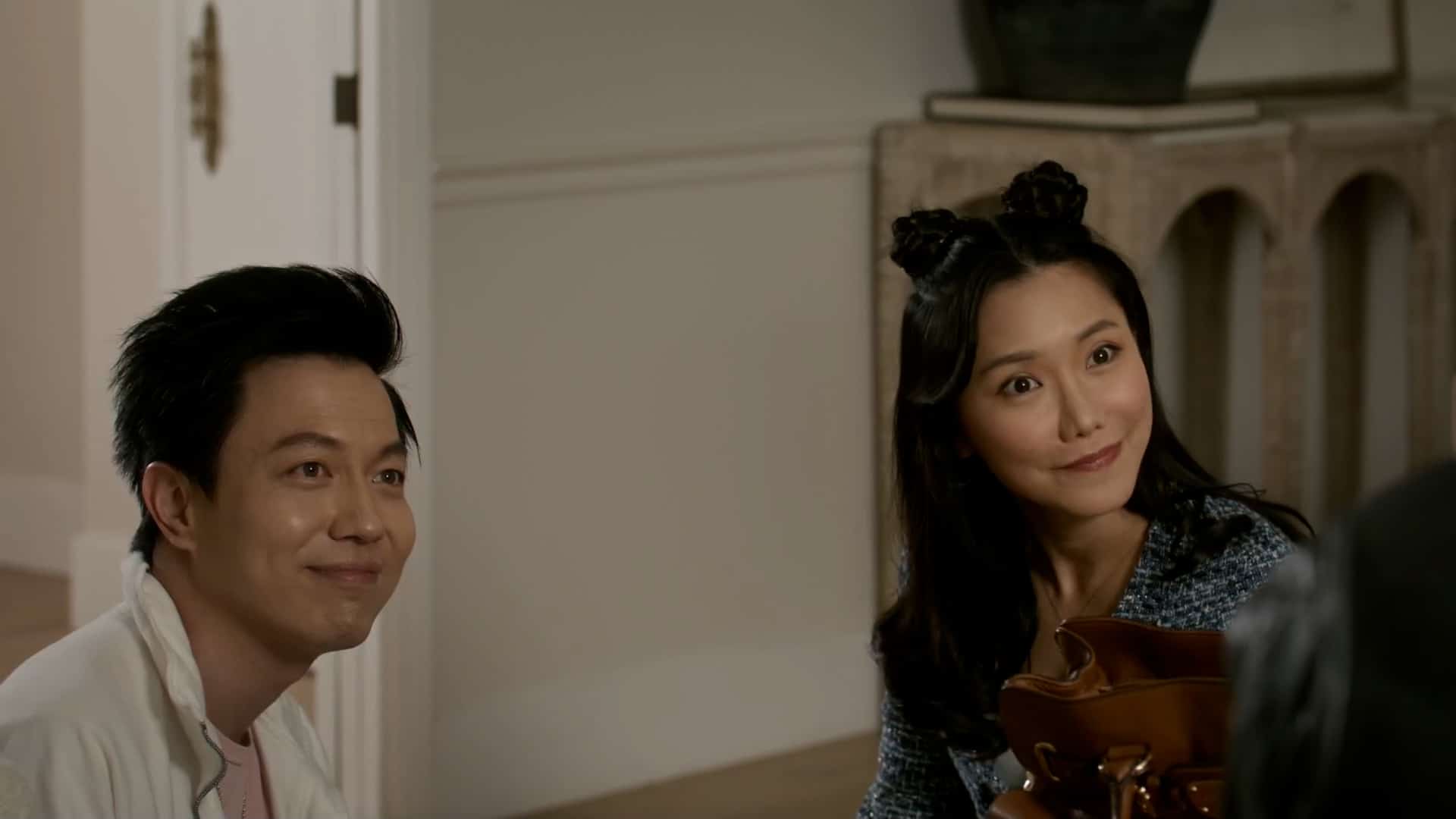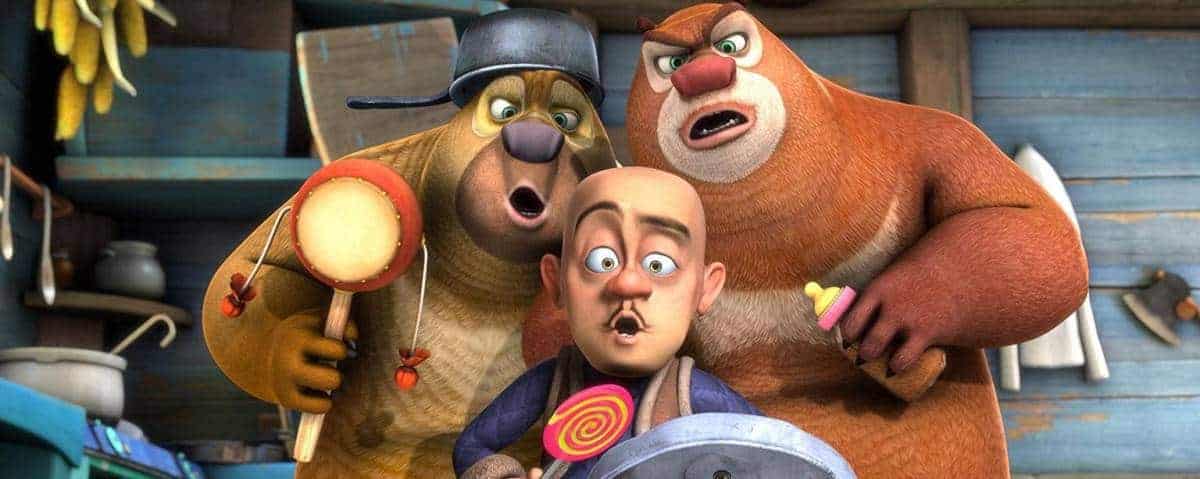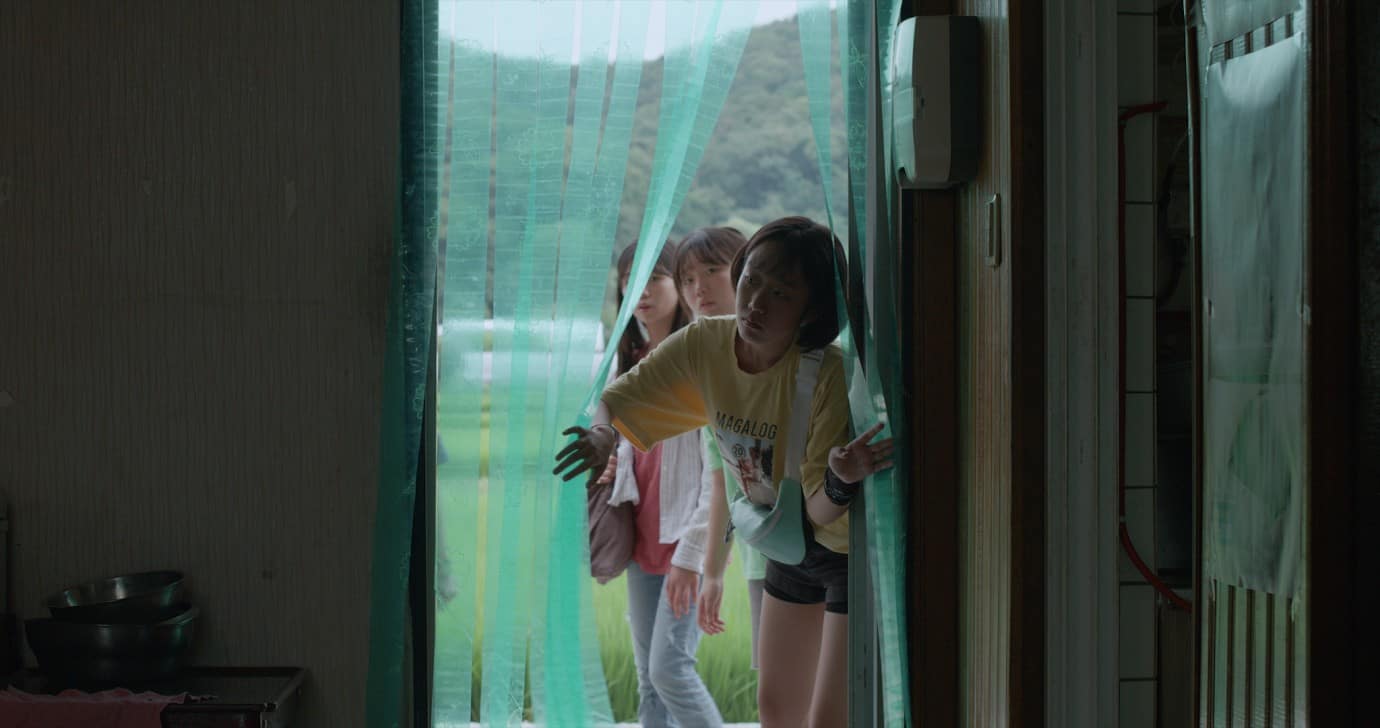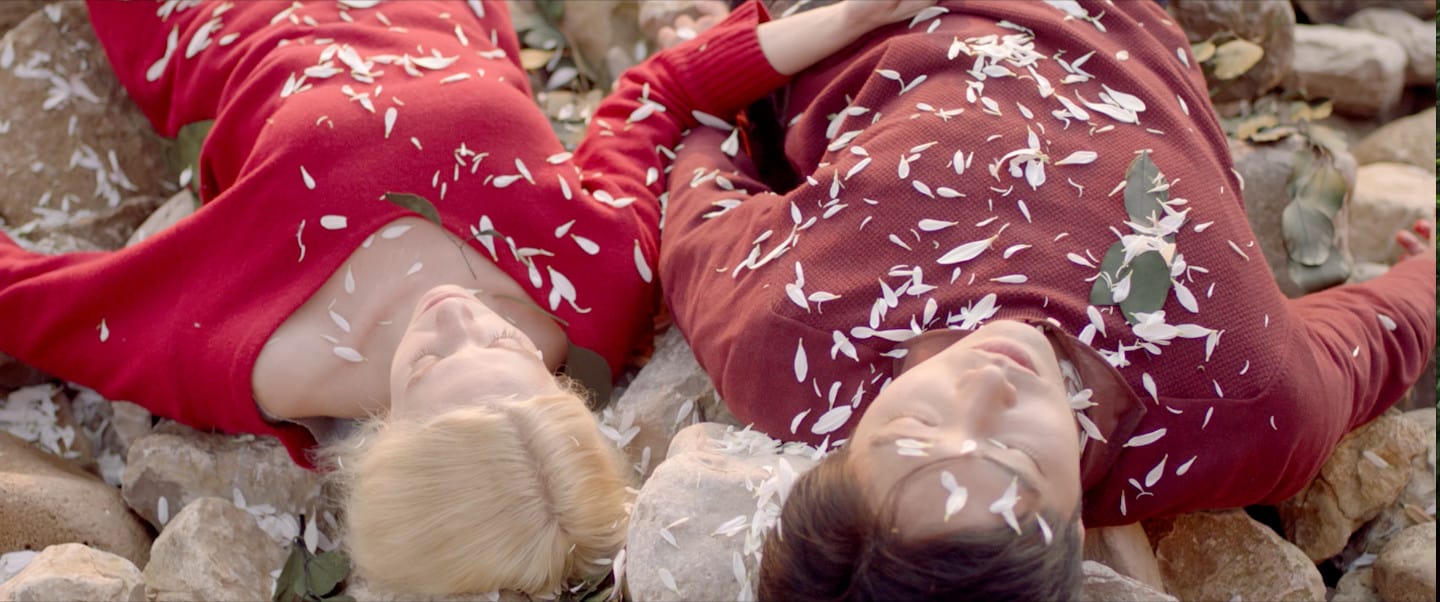Sometimes the plans we have come up with are thwarted by events in our lives out of our control and while trying to cope with the situation as well as its consequences, we may discover a much bigger narrative than we have anticipated, one which involves ourselves and how we live and our relationships to others. When director Dani Rosenberg was in pre-production for a project titled “The Night Escape”, his main cast member, his father Natan Rosenberg was diagnosed with terminal cancer and his health deteriorated quickly, making it impossible for him to even shoot one scene. Rather than abandoning the project altogether, the camera became Rosenberg's companion, recording the conversations, at times heated arguments he had with his parents, resulting in “The Death of Cinema and My Father Too”, a blend of family drama and meta-film.
“The Death of Cinema and My Father Too” is screening at International Filmfestival Mannheim-Heidelberg
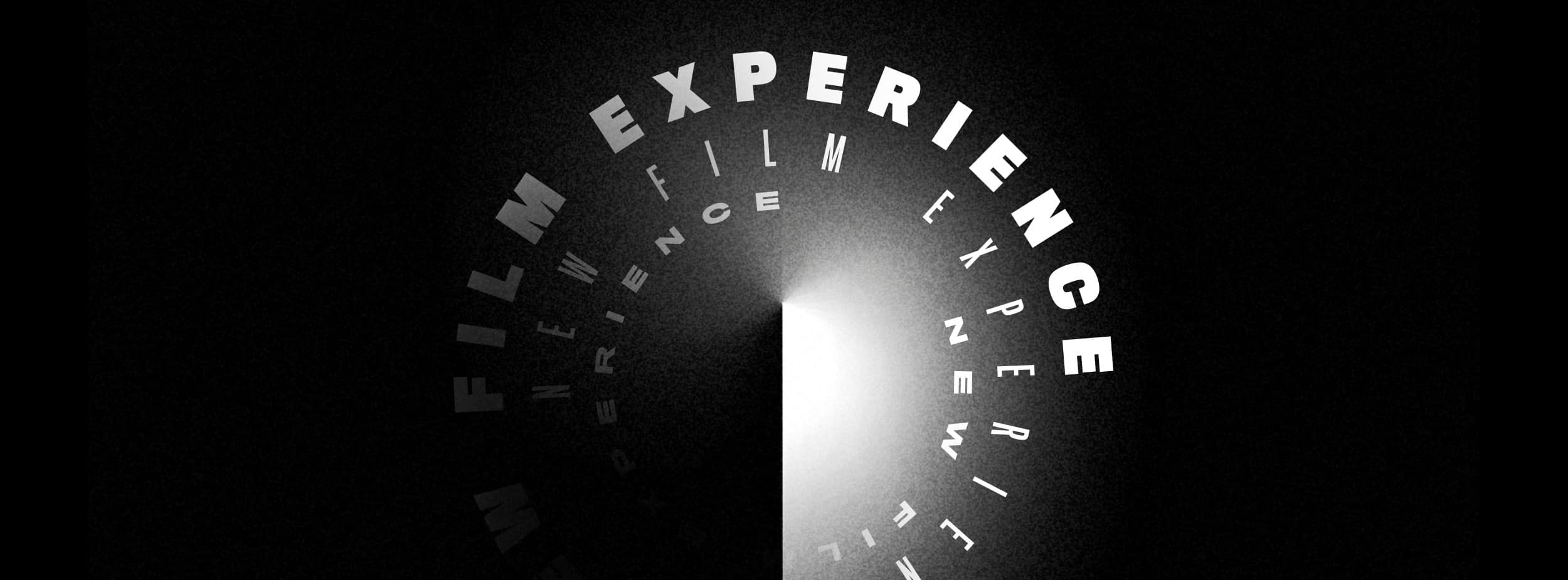
For quite some time, Asaf (Roni Kuban) has been planning a project about a father trying to save his family from an alleged air strike on their hometown in Israel by the Iranian air force. It is an ambitious project mirroring many of the aspects which determine modern-day Israeli society and politics, and which stars his parents as main characters. However, when his father Yoel (Marek Rozenbaum) is diagnosed with cancer, he is unable to finish the shoot and has to undergo chemotherapy. While his mother (Noel Koler) is repeatedly urging her son to abandon the project, Asaf insists on filming scenes or rehearsing them with his father. However, as they spend more time together and it becomes certain Yoel's chances of getting better are quite slim, the project becomes more about the relationship of father and son.
At the same time, we follow director Dani Rosenberg himself, planning a project with his father as the main protagonists but eventually coping with the harsh reality of Natan's diagnosis and deteriorating health. As he continues to talk about the project, certain scenes and his intentions as filmmaker, what once started as a conversation turns into an argument between him and his parents. Eventually, recording his father, even at his most vulnerable and in the hospital bed, becomes a chance to make one final project with him as the main star.
Right from the beginning, the audience is catapulted into the themes and the risky balancing act the director performs here. While the camera is recording Natan Rosenberg, who, visibly exhausted and also in pain, lies on the sofa in the family home, off-camera Dani tries to engage in a discussion about his project, his intentions as well as the relevance of the story. Even though both his parents eventually start to protest and an argument erupts, the camera still records until the very end when his father finally sees he has been recorded all along and sighs. Both directors, Rosenberg and the one played by actor Roni Kurban, resemble tyrants in their own way, insisting on continuing filming, although what they are doing now has very little to do with the story they originally tried to tell. In pursuing some kind of hidden truth, a moment of clarity perhaps, the insensitivity becomes obvious. At the same time we are directed at the core theme of Rosenberg's work, which is his father, or more precisely, his father as a representative of cinema, which consequently suffers and also dies with him.
Whereas the first axis of “The Death of Cinema and My Father Too” deals with the family drama, there is also the concept of this narrative as a mirror of Israel. With the original idea being abandoned or changed, the intention of making a sarcastic comment of Israel defined by spectacle and paranoia is still very much present throughout the feature, in both the fictional part and the “real” one. Considering scenes such as the one mentioned in the last paragraph, “The Death of Cinema and My Father Too” is not so much about processing the pain, but rather about repeatedly opening the wounds, of a family and the past, and creating a spectacle surrounding them. Multiple times a viewer will question the decisions of the sons (both of them) who seem to be much more occupied with their projects or aspects of them, rather than their suffering father. The suffering, the pain and also the hardships are, however, integral, a hyperbole in a way of the kind of staging present in speeches by certain Israeli politicians, some of which featured in “The Death of Cinema and My Father”.
In the end, “The Death of Cinema and My Father” is an intriguing blend of family drama and meta-film, combined with some socio-political comments. Dani Rosenberg has managed to create an interesting, at times quite provocative feature about the relationship of father and son as a mirror of the narrative of a nation, while not shying away of some rather uncomfortable and at times even offensive scenes.



